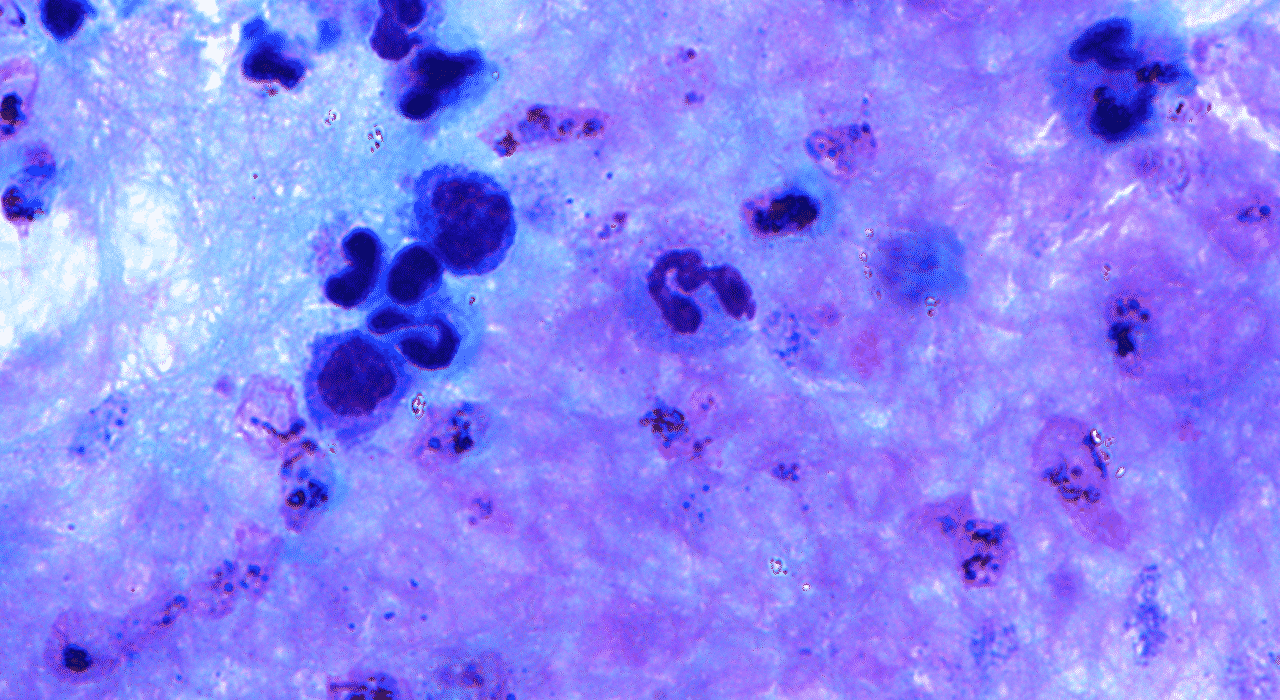Parasite Decides To Strike Is Big Deal With Respect To The Infections
It is common knowledge that our bodies have these so called “internal clocks” that create circadian rhythms in our bodies. These rhythms are known to affect various bodily functions. Science has learned a lot about the human body’s circadian rhythm and how it regulates processes like mood, hunger, heart function and mental alertness.
The clearest example is the sleep-wake cycle, which is linked to the yearly path of the Earth around the Sun, making us sleepy during the night and wakeful during the day —and thus, causes a range of negative health effects for people doing shift work or experiencing jet lag, for example.
Now, researchers at the McGill University have discovered that not only this, but they also seem to play a crucial role in the body’s response to infection, meaning there are times when the immune system is more active, or “ready” so to speak, than at other times.
The team has established through a recent study published in the journal Scientific Reports that, those parasitic infections are also controlled by these clocks. The severity of a microbe’s infection will thus vary whether it is encountered during
the day or at night, a discovery that scientists believe could pave the way to new treatment and prevention strategies for parasitic infections.Nicolas Cermakian, a professor at McGill’s Department of Psychiatry and researcher at the Douglas Institute, made the discovery using Leishmania, a parasite that causes leishmaniasis and that is transmitted at night by the female sandfly.
Vector-borne diseases are major public health concerns for billions of people in tropical and subtropical regions. Leishmaniasis is one of the most significant tropical diseases, causing about 1 million new cases and 30,000 deaths each year worldwide, and leaving hundreds of thousand others with debilitating scars.
During the course of the study, when these parasites were injected into mice, Professor Cermakian’s team discovered that their immune response varied greatly depending on what time of day the infection occurred.
“Our previous work showed that our immune system has its own biological clocks. Our body’s defence mechanisms are more or less active at different times of the day,” says Nicolas Cermakian.
Silke Kiessling, a former postdoctoral student in Professor Cermakian’s lab, found that Leishmania’s infection was more effective in the early night, a time when the immune response to the parasite was the strongest.
But why would the parasite be transmitted by a fly that bites at the exact time when our defences are at their strongest? Simply put, the parasite thrives when it elicits a strong immune response, attracting inflammatory cells it uses to multiply (macrophages and neutrophils) to the infection site.
“We already knew that viral and bacterial infections were controlled by our immune system’s circadian rhythms, but this is the first time this is shown for a parasitic infection, and for a vector-transmitted infection,” Professor Cermakian adds.
The team will next try to better define how Leishmania’s circadian rhythm is controlled at the molecular and cellular levels. As a first step, they already found that the clock within cells of the immune system is directing the daily rhythm of response to Leishmania.






























